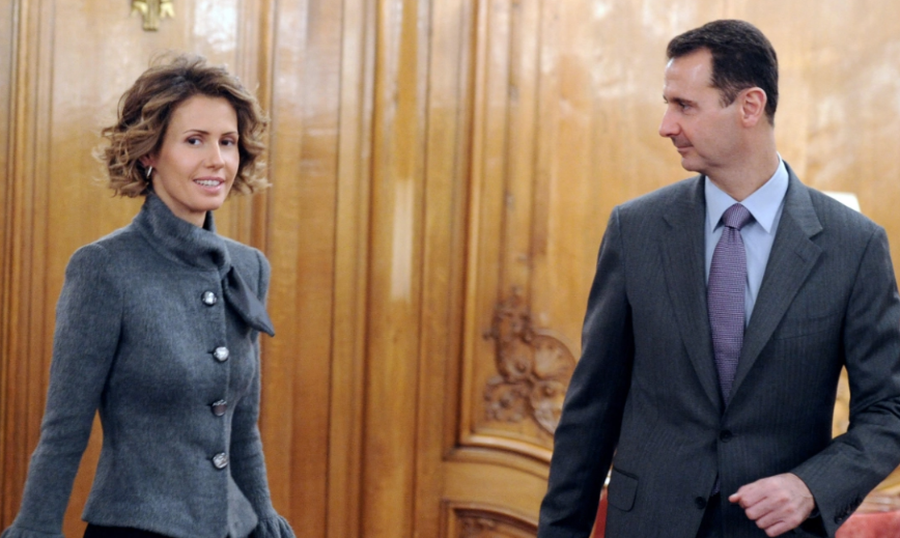
The future of Syria's bloodthirsty former dictator is unknown, as after fleeing the country, he and his family now find themselves receiving political asylum in Russia. Of interest, however, is the case of Bashar al-Assad's wife, Asma, who went from education to a career in banking to become Syria's first lady for more than two decades.
According to foreign media , Asma Al-Assad was once a symbol of liberation and modernization in the Middle East, but today she is synonymous with oppression and the downfall of her husband's dynasty. Originally from London and with a career in the banking sector, Asma found herself in the international spotlight before the bloody developments in Syria turned her image into a figure of hatred and anger.
Asma was born in 1975 in London, the daughter of successful cardiologist Fawaz Ahras and diplomat Sahar Ahras.
After studying at Queen's College and graduating from King's College in 1996 with a degree in computer science and French literature, she embarked on a distinguished career in investment, working with companies such as Deutsche Bank and JPMorgan.
In 2000, she married Bashar Al-Assad, who took power in Syria after the death of his father, Hafez Al-Assad. Her headscarf-free presence, her sophisticated style and her international appearances made her a symbol of female empowerment in the Arab world.
In 2010, Vogue magazine described her as a "Desert Rose", underscoring her image as a fashionable and sophisticated First Lady.
However, that all changed in 2011, when Syria descended into a civil war that exposed the brutal repression of the Assad regime.
Asma, initially considered a "moderniser", soon became closely associated with the dictatorship and its atrocities. The war has left hundreds of thousands dead and millions displaced, destroying Syria's image as an open and progressive country.
During the conflict, Asma took an active role in the regime's economy, organizing control networks that included the distribution of humanitarian aid, Internet access, and food subsidies. Her critics dubbed her "Lady Macbeth", as she used her role to strengthen the regime's position and ensure its hold on power.
A diagnosis of breast cancer in 2018 and the death of her mother-in-law in 2016 brought her back into the spotlight, but her involvement in managing the regime had now eroded any positive image she had built up. At the same time, protests over the regime's actions led to the withdrawal of her interview by Vogue in 2012.
With their 24th wedding anniversary approaching, the couple are likely to celebrate in circumstances far from the luxury of the palace in Damascus. The fall of Asma Al-Assad reflects the tragedy of Syria, which has turned from a land of hope and progress into a field of untold suffering. The future of the Assad family remains uncertain, while Asma herself remains a figure that will be followed by the history of her country, writes A2 CNN. (A2 Televizion)











